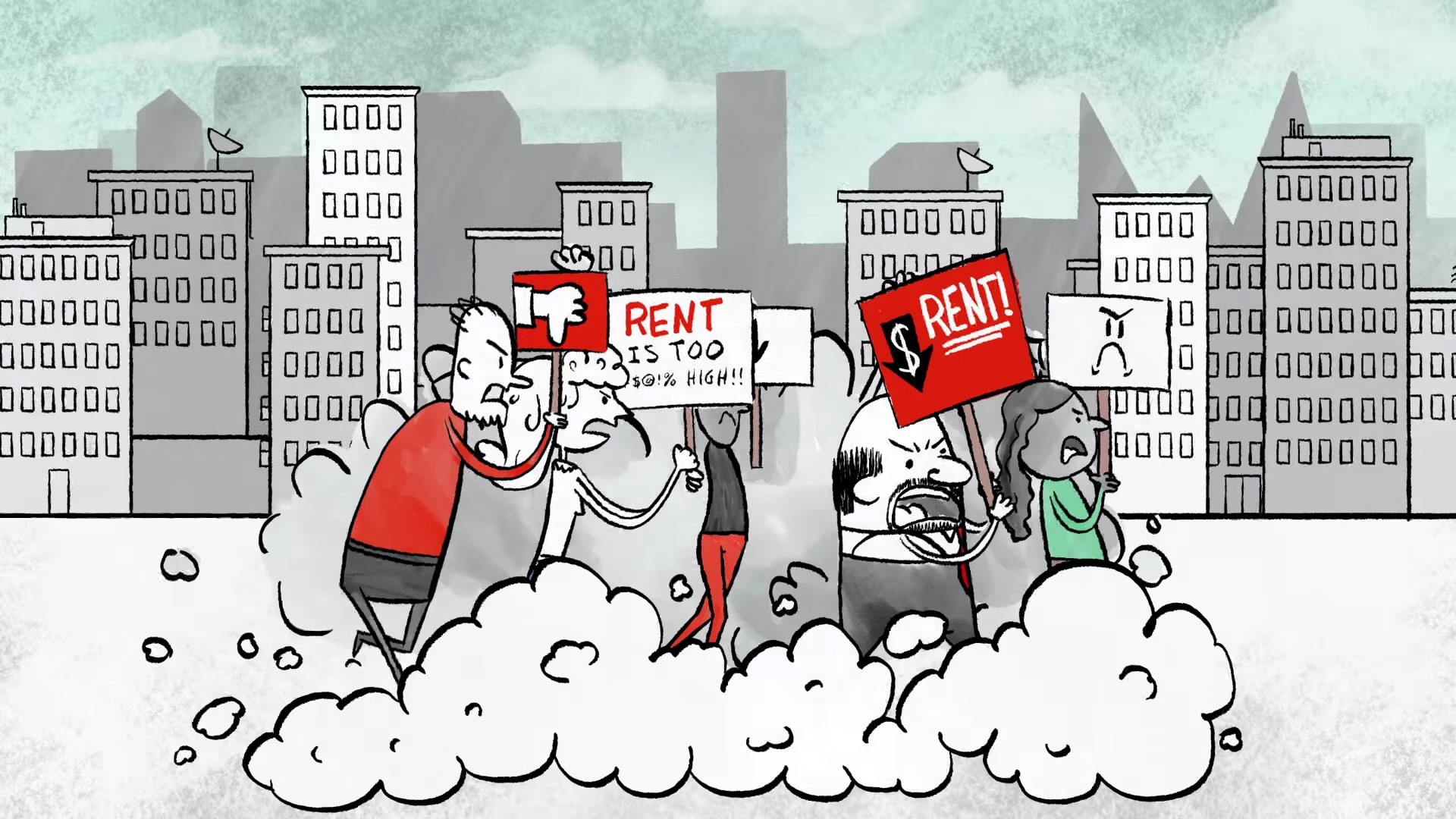August 16th 2020
Over the past 5 years or so, real estate values in the Golden Horseshoe and especially in Niagara have doubled. And as one would expect, in keeping pace with the new acquisitions costs of rental property, market rents have almost doubled as well. But in many cases actual rent has not seen this kind of an increase. The reason – rent controls.

As most Ontario landlords are aware, each year the provincial government sets the maximum allowable increase a landlord can apply to any of his/her residential rental units. And while this year that increase was set at 2.2%, generally it comes in at just under 2%. So if for example a tenant was paying $800 for an apartment in 2015, today that rent might be somewhere in the neighborhood of $875 per month and that’s only if the landlord applied each years maximum allowable rent increase. Any year he or she failed to apply the increase is lost. Meanwhile, market rent for that unit or one just like it might be somewhere in the range of $1500-$1600.
There was a time in Ontario where rent controls applied to the property continuously whether a tenant continued or whether a tenant moved and another tenant rented the unit. That is no longer the case. Now whenever a tenant vacates a unit, the landlord is free to set rent at whatever amount he feels is realistic or what the market will bear. So, wherever a situation exists where a tenant is paying significantly below market rent, it is very advantageous to the landlord to have the tenant move out. And this is especially critical when ownership of the property changes and the new acquisition costs are much higher than before.

Often in real estate we are confronted with questions by potential investors seeking to acquire existing residential rental property “How can I get the current tenants to move out so I can raise the rent?” Sometimes it is even set out in the Agreement of Purchased and Sale requiring the current owner to give notice to the existing tenants to move out so that vacant possession can be achieved on closing. But this is not as simple as it sounds. Basically under the provisions of the Residential Tenancies Act, the existing tenants are protected from the type of evictions except under certain very restrictive situations. Lets look at two specifically.
The owner of the property (Landlord) can give notice to the tenant requiring him to move because he/she needs the unit to dwell in either for themselves or for their immediate family. And the Act provides for the current owner giving notice on behalf of the buyer (Benificial Owner).
For a month to month tenant (no lease in place) he would serve the tenant with an N-12 notice giving the tenant 60 days to move out from the first of the next month. It should be noted however that this cannot be a simple ruse to get the tenant to move so rent can be increased for a new tenant. The family member must move in and reside there for a minimum of one year as that is the period of time the current tenant has to challenge the process if he believes he was illegally evicted.
The other alternative is to go to the tenant and try to negotiate the tenant voluntarily moving out. I have seen landlords offer 4 or 5 thousand dollars cash to the tenant as an inducement to have them move. Depending on the situation and how much under market rent the tenant is paying, a negotiated termination may or may not be possible. If the tenant agrees to move out, you would use an N-11 form which he would sign agreeing to end the tenancy.
 One further issue I’d like to stress. Under either scenario let’s supposed you have a written agreement in place, either N-11 or N-12 that the tenant will move out on closing. Be careful how that is structured in an Agreement of Purchase and Sale.
One further issue I’d like to stress. Under either scenario let’s supposed you have a written agreement in place, either N-11 or N-12 that the tenant will move out on closing. Be careful how that is structured in an Agreement of Purchase and Sale.
The Buyer may be calling for Vacant Possession in the Agreement, but you can’t necessarily guarantee what a third party will do. Even if the tenant is required to move out on a certain date, there is always the possibility that he/she does not. When the Agreement of Purchase and Sale calls for Vacant Possession on closing, if the tenant is still occupying the premise the Seller is in breach of the agreement. Provisions should be made in the Agreement for the possibility that the tenant may not vacate and in that event is should be spelled out what happens, ie the buyer agrees to close the transaction and assume the process of having them evicted.
Wayne Quirk, Author, “THE MONEY MACHINE”, wayneq@remax-gc.com